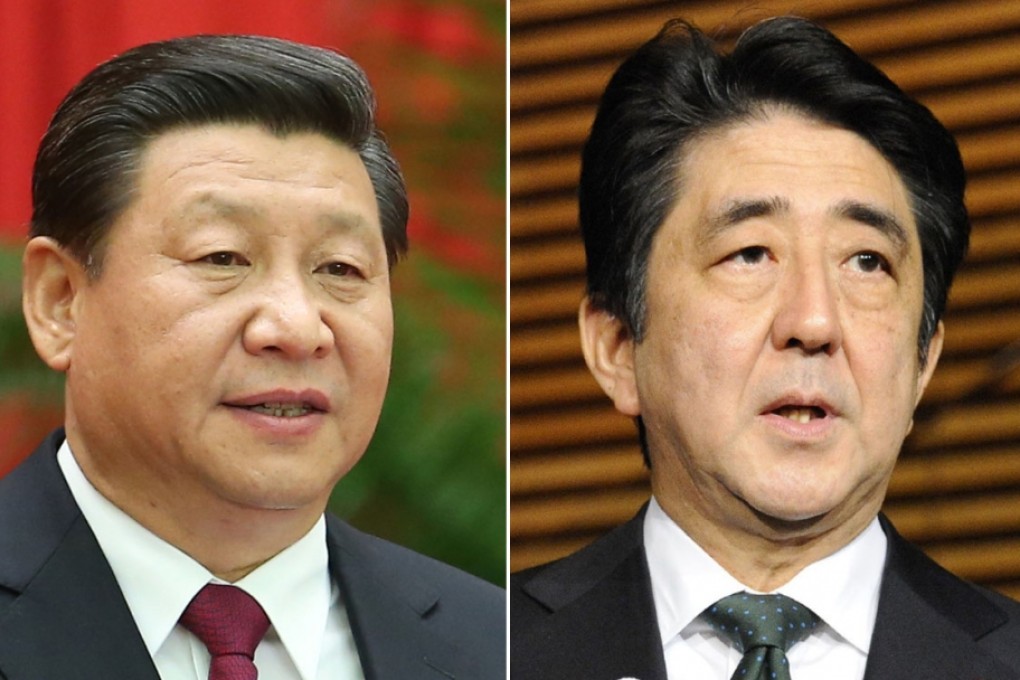Japan adviser flies to China for last-minute talks on proposed Xi-Abe meeting at Apec

Japanese Prime Minister Shinzo Abe’s key foreign-policy adviser arrived on Thursday in Beijing for last-minute coordination with Chinese officials over the format of dialogue between their top leaders on the margins of a regional economic summit next week.
Shotaro Yachi will hold talks with State Councillor Yang Jiechi, China’s top diplomat, Japan’s chief cabinet secretary Yoshihide Suga said at a press conference in Tokyo.
Amid the growing likelihood that Abe and Chinese President Xi Jinping will make brief informal contact during the two-day summit of the Asia-Pacific Economic Cooperation forum starting Monday in Beijing, Yachi is likely to convey the prime minister’s request for an official meeting without attaching preconditions.
The Chinese leadership has insisted Xi will not hold a formal meeting with Abe unless the prime minister recognises the existence of a “territorial dispute” over the Japan-controlled, China-claimed Senkaku Islands and promises not to visit again the war-related Yasukuni Shrine in Tokyo.
“Nothing has been decided at this point,” Suga said when asked what kind of contact Abe and Xi may have in Beijing. “It’s extremely important for the leaders of the world’s second- and third-largest economies to talk frankly no matter how they meet.”
In late July when former Japanese Prime Minister Yasuo Fukuda had a secret meeting with Xi in Beijing, Fukuda was accompanied by Yachi, a seasoned diplomat who now serves as head of the National Security Secretariat.